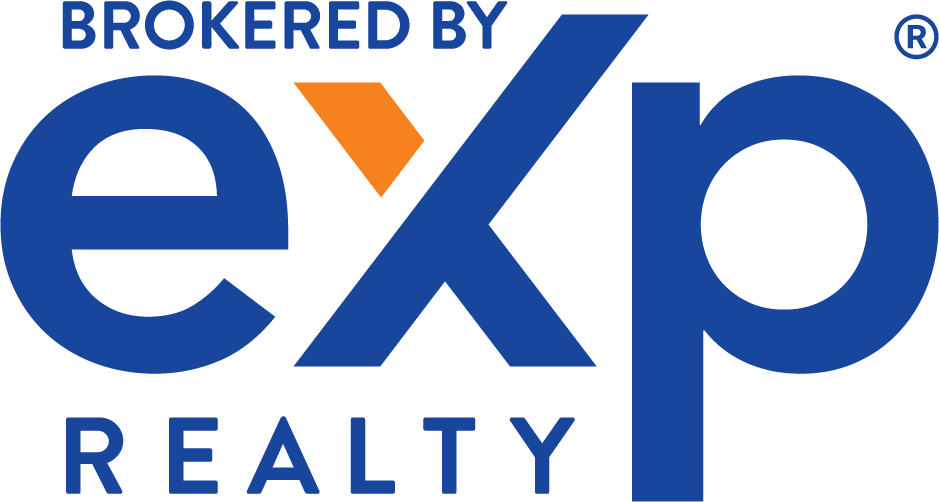
Services
Short Sale or Foreclosure?
Have you utilized the forbearance process with your mortgage and still struggling?
In general terms, a Short Sale is when the lender or lienholders agree to take less than what is owed to satify the loan. The balance can either be forgiven or alternate payment arrangements are made.
Forbearance:
Your lender has allowed you to make a partial payment or skip payments. This is temporary and not forgivness of the debt.
Reinstatement:
You are responsible to make up the missed payment. Depending on your agreement it could be a lump payment when the forbearance term ends.
Repayment Plan:
If you are unable to make a full payment, but can make partial, your lender may agree to a payment plan.
Loan Modification:
Amending your mortgage terms to help avoid foreclosure.
Foreclosure:
When the lender/ creditor takes control of a property after the owner fails to pay the mortgage or lien.
Lis Pendens:
Formal court document stating lender’s intent to foreclose. Homeowner recieves a packet from the local courts with information on the Mediation process and a civil summons.
Deficiency Balance:
Balance of liens which were not satified by the sale of property.
Deficiency Judgement:
A court order making borrower liable for unpaid debt. Could be waived by lender.
Foreclosure quick facts:
Connecticut has a judicial foreclosure process which utilizes strict foreclosure or decree of sale. The title transfers to the lender upon completion of foreclosure. There is no right to redemption but there is time in the process for the owner to attempt to rectify the situation. The lender can sue for a deficiency judgement.
Foreclosure Summary copyright, © ForeclosureLaw.org
Visit United States Foreclosure Law for information on the foreclosure process in other states.
Get in touch
Initial step is to set up a consultation with a REALTOR® We may ask you to gather some of the paperwork needed to start the short sale process. We will discuss the process and what is expected to qualify.
Goal setting and expectations
The Short sale process can take longer than a traditional sale as the lender(s) have their own process to follow. Once approved by the lender(s) the associated fees are typically covered by the lender
Showings & Offers
Once you accept an offer, we present to the lender for their review. The offers will need to be formatted to meet the lenders expectations and to avoid unnecessary delays
Closing!
In Connecticut, real estate closings are completed through an attorney, that can vary in different states. It will be similar to traditional closings aside from the proceeds going to the lenders.
